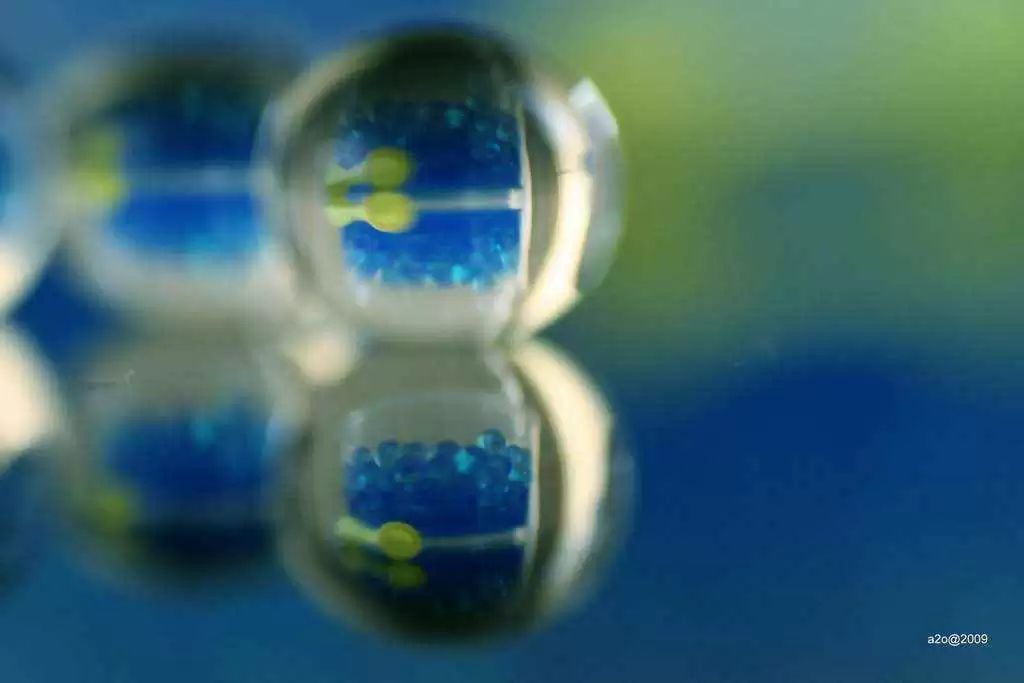
The classic small-bowel mucosal damage that marks celiac disease develops over time and in stages; from normal villi to inflammation and finally to villus atrophy with crypt hyperplasia. Previously, researchers have shown that intraperitoneal injections of sera from celiac patients or of purified immunoglobulin fraction into mice trigger a condition mimics early-stage celiac disease.
Those same researchers recently set out to show whether re-combinantly produced, patient-derived TG2-targeted autoantibodies are alone sufficient to trigger such condition in immune...
- Read Full Article...
- 0 comments
- 6,196 views







